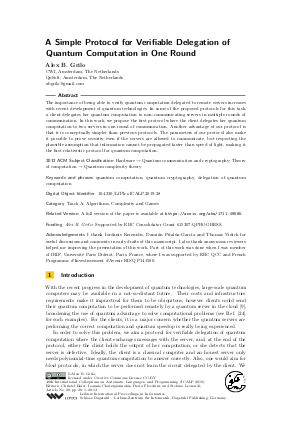LIPIcs.ICALP.2019.28.pdf
- Filesize: 0.51 MB
- 13 pages

 Creative Commons Attribution 3.0 Unported license
Creative Commons Attribution 3.0 Unported license






















Feedback for Dagstuhl Publishing